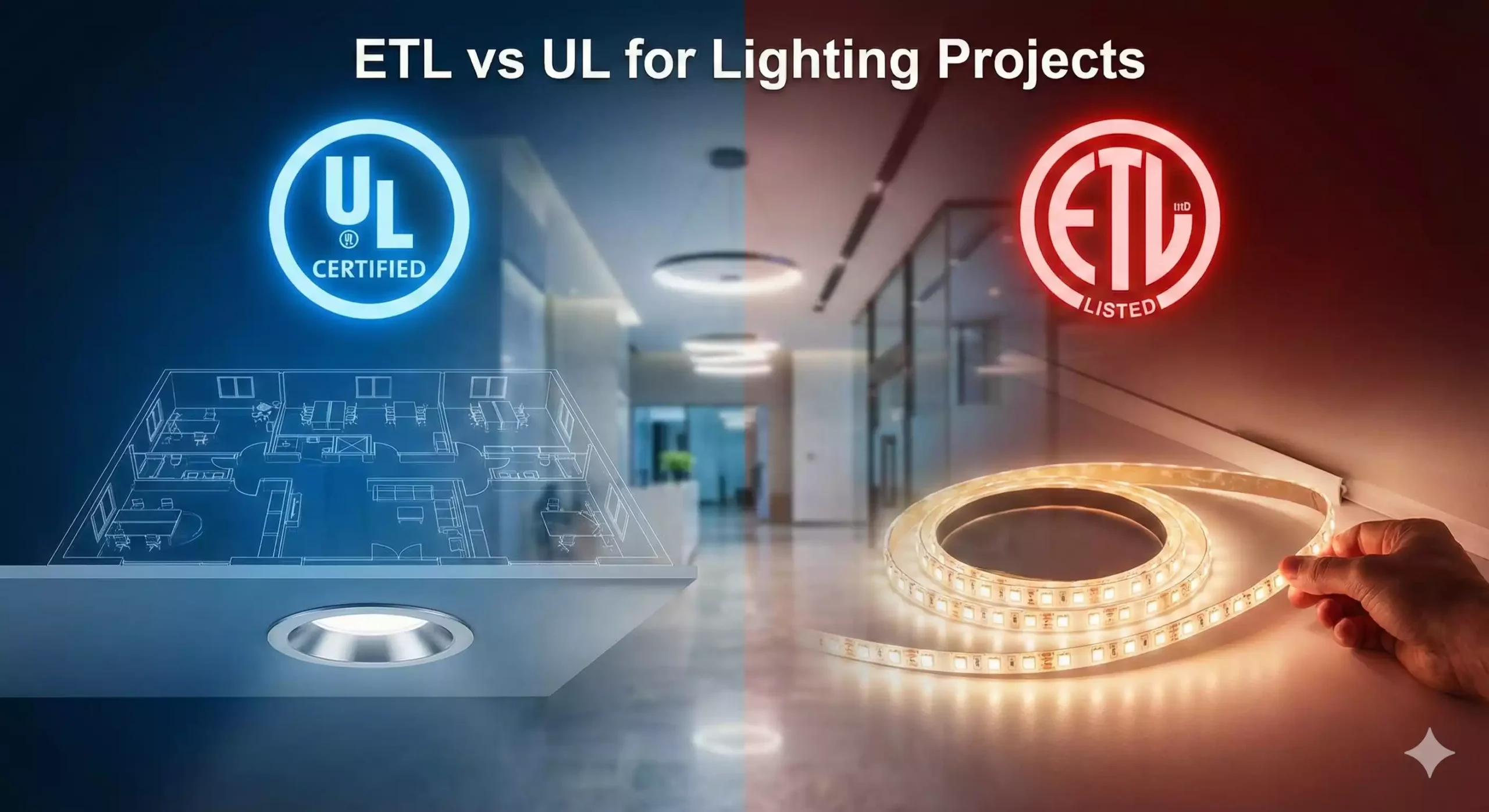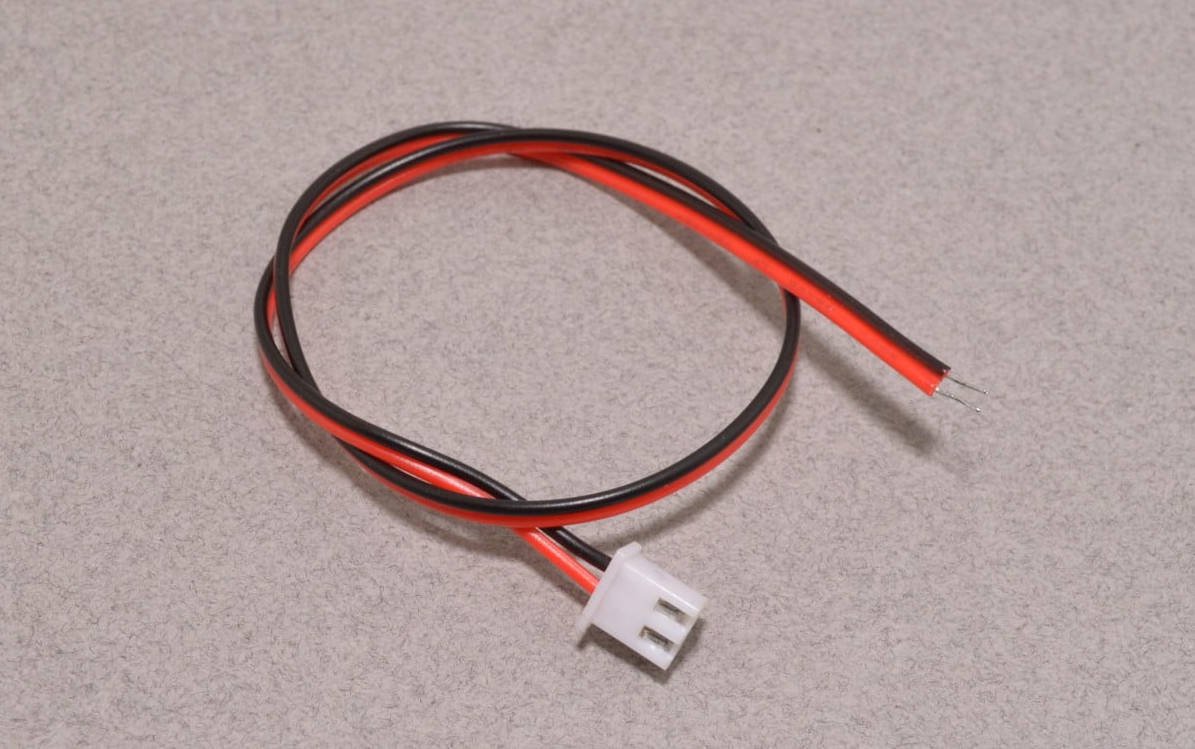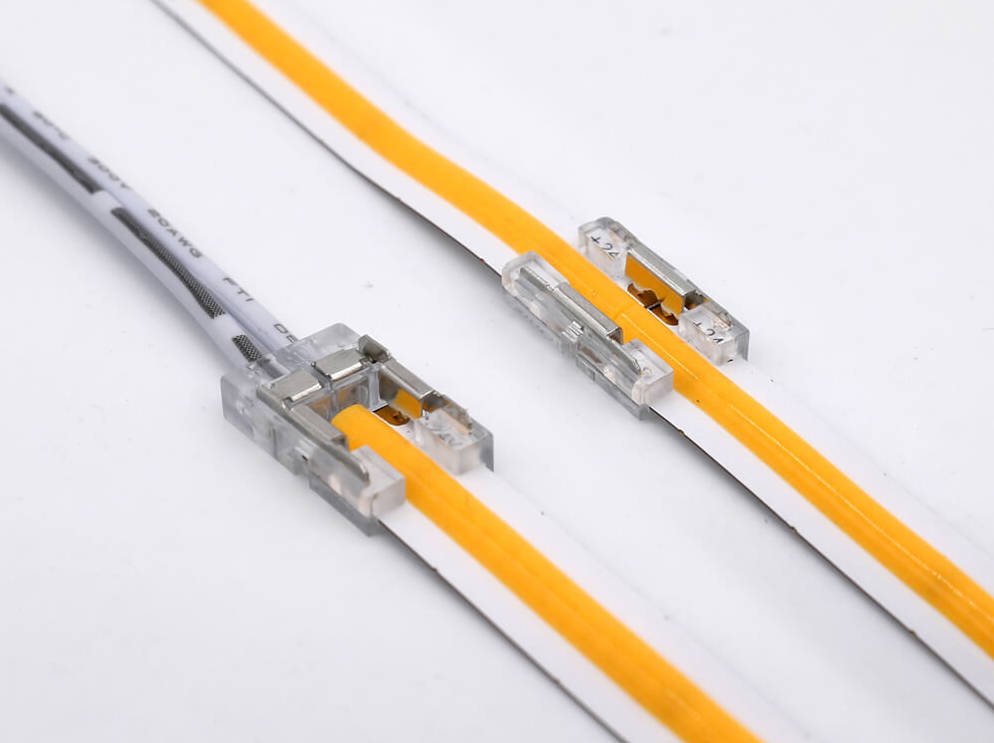
In the world of electronic design, particularly in compact devices, the choice of connectors plays a crucial role in functionality, reliability, and overall design efficiency. Two popular types of connectors used in these applications are wafer connectors and pin header connectors. Each type has its distinct advantages and disadvantages, and understanding these differences can help engineers and designers make informed decisions when developing their products.
This article will explore the characteristics of wafer connectors and pin header connectors, compare their features, and discuss which might be more suitable for specific compact device designs.
Table of Contents
- What Are Wafer Connectors?
- What Are Pin Header Connectors?
- Key Differences Between Wafer Connectors and Pin Header Connectors
- Advantages of Wafer Connectors in Compact Device Design
- Considerations When Choosing Between Wafer Connectors and Pin Header Connectors
- Finding the Right Wafer Connectors Supplier
- Custom Wafer Connectors for Unique Applications
- Conclusion
What Are Wafer Connectors?
Wafer connectors are a type of electrical connector that features multiple pins or contacts arranged in a compact, flat configuration. These connectors are designed for high-density applications where space is limited, making them particularly suitable for use in compact devices. Wafer connectors can vary in size and pin configuration, allowing for customization based on specific design requirements.
One of the key features of wafer connectors is their ability to provide a stable and reliable electrical connection while occupying minimal space. They are commonly used in applications such as consumer electronics, telecommunications, and medical devices, where efficient use of space is essential.
What Are Pin Header Connectors?
Pin header connectors, on the other hand, consist of a row of metal pins that are designed to mate with a corresponding socket connector. These connectors are widely used in various electronic applications due to their simplicity and ease of use. Pin header connectors come in various configurations, including single-row and double-row designs, and can accommodate different pin counts to suit various applications.
Pin header connectors are often used in prototyping and development, as they allow for easy connections and disconnections. They are commonly found in applications such as microcontrollers, development boards, and other electronic devices where flexible connections are needed.
Key Differences Between Wafer Connectors and Pin Header Connectors
When comparing wafer connectors and pin header connectors, several key differences emerge. Here are some of the most significant distinctions:
- Size and Space Considerations: Wafer connectors are specifically designed for compact spaces, allowing for higher density connections. In contrast, pin header connectors, while versatile, may require more space due to their pin arrangement.
- Electrical Performance and Reliability: Wafer connectors generally provide a more robust connection due to their design, which minimizes contact resistance. Pin header connectors can experience variability in performance depending on how well they are inserted and maintained.
- Ease of Assembly and Installation: Wafer connectors often require careful alignment during assembly, while pin header connectors can be easily inserted and removed, making them more user-friendly in prototyping situations.
- Cost-Effectiveness: Generally, pin header connectors are more affordable and readily available, making them a popular choice for budget-conscious projects. However, wafer connectors offer long-term durability and reliability, which can justify their higher initial cost in critical applications.
Advantages of Wafer Connectors in Compact Device Design
Wafer connectors offer several advantages that make them ideal for compact device design:
- Space Efficiency: Their slim profile allows for higher density connections, making them suitable for modern compact devices.
- Improved Performance: Wafer connectors are designed to maintain a reliable electrical connection, reducing the risk of signal loss or failure.
- Customization Options: Many wafer connectors manufacturers offer customization, allowing designers to tailor connectors to meet specific requirements.
For example, in a recent project involving a consumer electronics device, a manufacturer utilized wafer connectors to achieve a compact design without sacrificing functionality. This choice not only optimized the product’s form factor but also improved overall performance and reliability.
Considerations When Choosing Between Wafer Connectors and Pin Header Connectors
When deciding between wafer connectors and pin header connectors, several considerations should be evaluated:
- Application Requirements: Determine the specific needs of your application. If space is a significant concern, wafer connectors may be the better choice.
- Environmental Factors: Consider the operating environment of your device. Wafer connectors may provide superior performance in harsh conditions due to their design and materials.
- Assembly Process: Evaluate the ease of assembly and maintenance required for your project. Pin header connectors may simplify prototyping, while wafer connectors could enhance the durability of the final product.
- Long-Term Reliability: Assess the importance of long-term reliability for your application. If the device is critical, investing in wafer connectors could be beneficial.
Finding the Right Wafer Connectors Supplier
Choosing a reputable wafer connectors supplier is critical for ensuring you receive quality products. Here are some tips for evaluating potential suppliers:
- Research: Conduct thorough research to identify wafer connectors manufacturers with a solid track record. Look for reviews or testimonials from previous customers to gauge their reputation.
- Certifications: Make sure the suppliers provide products certified by recognized organizations such as UL, TUV, or RoHS. Certification indicates compliance with safety and quality standards.
- Customization Options: Consider suppliers that offer custom wafer connectors. This flexibility can help you achieve specific performance and aesthetic requirements while ensuring the connectors fit perfectly with your design.
- Customer Support: A reliable supplier should offer excellent customer support. This is especially important for resolving any issues that may arise during the purchasing or installation process.
Custom Wafer Connectors for Unique Applications
In many cases, standard wafer connectors may not meet all design requirements. This is where custom wafer connectors come into play. They can be tailored to fit specific dimensions, pin configurations, and materials based on the unique needs of your project.
Working with a wafer connectors factory that specializes in custom solutions can provide significant advantages:
- Enhanced Functionality: Custom connectors can be designed to integrate seamlessly into your device, improving performance and reliability.
- Size Optimization: Custom designs allow for optimization of space, ensuring that your device remains compact while still delivering the necessary functionality.
- Targeted Solutions: Custom wafer connectors can address specific environmental or operational challenges faced by your device, such as moisture resistance or thermal management.
For instance, a company developing a compact medical device may require connectors that can withstand sterilization processes. By working with a skilled wafer connectors supplier, they can develop a solution that meets these stringent requirements.
Conclusion
In conclusion, the choice between wafer connectors and pin header connectors in compact device design depends on various factors, including space constraints, performance requirements, and long-term reliability. Wafer connectors provide distinct advantages in compact applications, particularly due to their space efficiency and reliability. However, pin header connectors may be more suitable for prototyping and budget-conscious projects.
By understanding the differences between these two types of connectors and evaluating the specific needs of your application, you can make informed decisions that enhance the overall performance and efficiency of your compact device designs. Always consider working with reputable wafer connectors manufacturers and suppliers to ensure you receive high-quality products that meet your design requirements.



